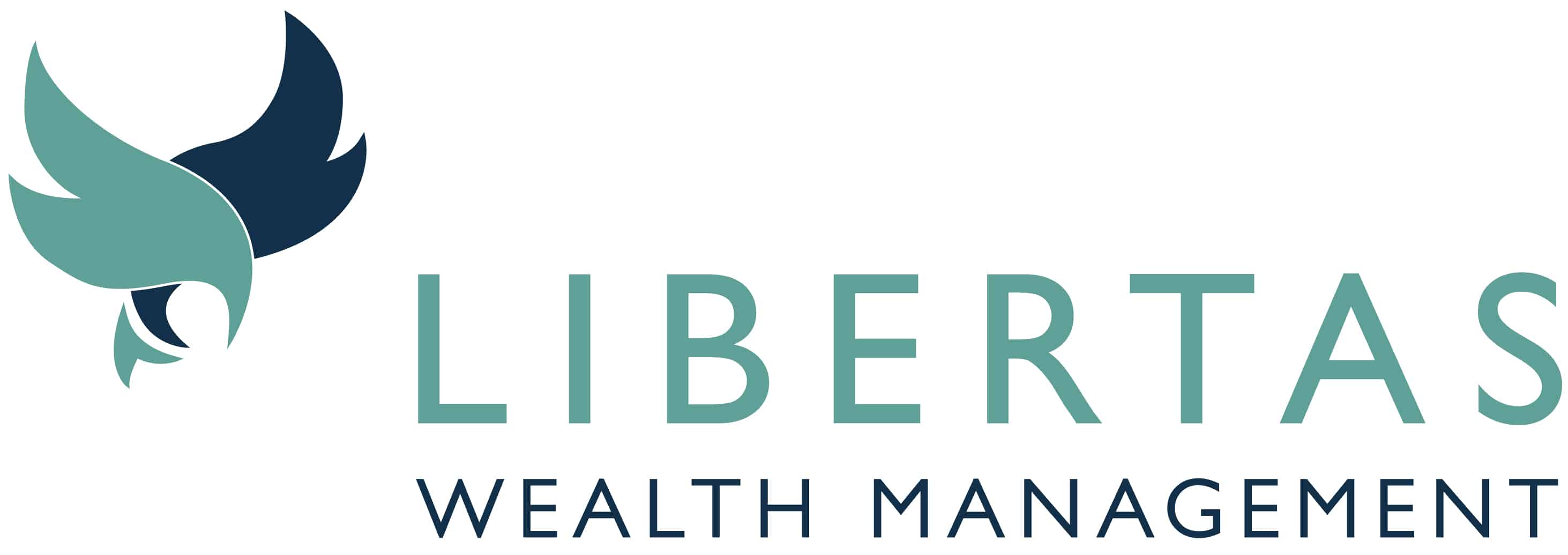No longer something that only affects the very wealthy
Inheritance Tax is no longer something that only affects the very wealthy, but the good news is that there are ways to limit the amount of Inheritance Tax your family may potentially face.
When someone dies Inheritance Tax a tax charged on their estate above a certain value. A persons estate is basically everything they own, including their main property, any other properties, cars, boats, life assurance policies not written in an appropriate trust and other investments, as well as personal effects such as jewellery.
Inheritance Tax is potentially charged at a rate of 40% on the value of everything you own above the Nil-Rate Band threshold. This is the value of your estate that is not chargeable to Inheritance Tax. The amount is set by the government and is currently £325,000 which is frozen until 2021. When you die your estate is not liable to tax on any assets up to this amount. However, anything over this amount may be taxed at a rate of 40%.
Since 6 April 2017, if you leave your home to direct lineal descendants which includes amongst others your children (adopted, fostered and stepchildren) and grandchildren, the value of your estate before tax is paid, will increase with the addition of the Residence Nil-Rate Band, currently £150,000 in 2019/20.
Inheritance Tax is an unpopular and controversial tax, coming as it does at a time of loss and mourning, and can impact on families with even quite modest assets. However, there are legitimate ways to mitigate against this tax. However, some of the most valuable exemptions must be used seven years before your death to be fully effective, so it makes sense to obtain professional financial advice and consider ways to tackle this issue sooner rather than later.
Making plans to mitigate against Inheritance Tax
Make a will
Dying intestate (without a will) means that you may not be making the most of the Inheritance Tax exemption which exists if you wish your estate to pass to your spouse or registered civil partner. For example, if you don’t make a will then relatives other than your spouse or registered civil partner may be entitled to a share of your estate and this might trigger an Inheritance Tax liability.
The facts:
Inheritance Tax is levied at a fixed rate of 40% on all assets worth more than £325,000 per person (0% under this amount) – or £650,000 per couple if other exemptions cannot be applied.
The Residence Nil-Rate Band is currently £150,000. This is an allowance that can be added to the basic tax-free £325,000 to allow people to leave property to direct descendants such as children and grandchildren – the allowance will be reduced by £1 for every £2 that the value of the estate exceeds £2m.
Make lifetime gifts
Gifts made more than seven years before the donor dies, to an individual or to a bare trust, are free of Inheritance Tax. So if appropriate you could pass on some of your wealth while you are still alive. This will reduce the value of your estate when it is assessed for Inheritance Tax purposes, and there is no limit on the sums you can pass on.
You can gift as much as you wish, and this is known as a Potentially Exempt Transfer (PET). However, you will need to live for seven years after making such a gift for it to be exempt from Inheritance Tax, but should you be unfortunate enough to die within seven years then it will still be counted as part of your estate if it is above the annual gift allowance.
You need to be particularly careful if you are giving away your home to your children with conditions attached to it, or if you give it away but continue to benefit from it. This is known as a Gift with Reservation of Benefit.
Leave a proportion to charity
Being generous to your favourite charity can reduce your Inheritance Tax bill. If you leave at least 10% of your estate to a charity or number of charities, then your Inheritance Tax liability on the taxable portion of the estate is reduced to 36% rather than 40%.
Set up a trust
Family trusts can be useful as a way of reducing Inheritance Tax, making provision for your children and spouse, and potentially protecting family businesses. Trusts enable the donor to control who benefits (the beneficiaries) and under what circumstances, sometimes long after the donor’s death.
Compare this with making a direct gift (for example to a child) which offers no control to the donor once given. When you set up a trust, it is a legal arrangement and you will need to appoint ‘trustees’ who are responsible for holding and managing the assets. Trustees have a responsibility to manage the trust on behalf of and in the best interest of the beneficiaries, in accordance with the trust terms. The terms will be set out in a legal document called ‘the trust deed’.
INFORMATION IS BASED ON OUR CURRENT UNDERSTANDING OF TAXATION LEGISLATION AND REGULATIONS.
ANY LEVELS AND BASES OF, AND RELIEFS FROM, TAXATION ARE SUBJECT TO CHANGE.
THE RULES AROUND TRUSTS ARE COMPLICATED SO YOU SHOULD ALWAYS OBTAIN PROFESSIONAL ADVICE.
Disclaimer: The information provided in our website blogs is accurate and up-to-date at the time of writing. However, please be aware that legislative changes and updates may occur after the publication date, which could potentially impact the accuracy of the information provided. We encourage readers to verify the current status of laws, regulations, and guidelines relevant to their specific circumstances. We do not assume any responsibility for inaccuracies or omissions that may arise due to changes in legislation or other factors beyond our control.
If you would like any clarification, or have any questions, please get in touch.





